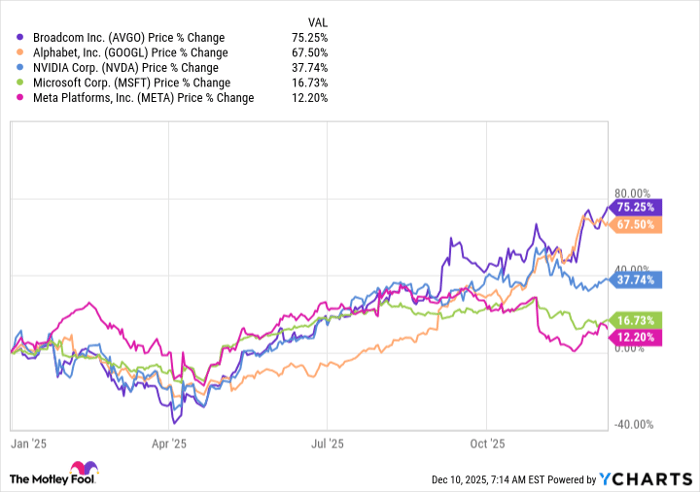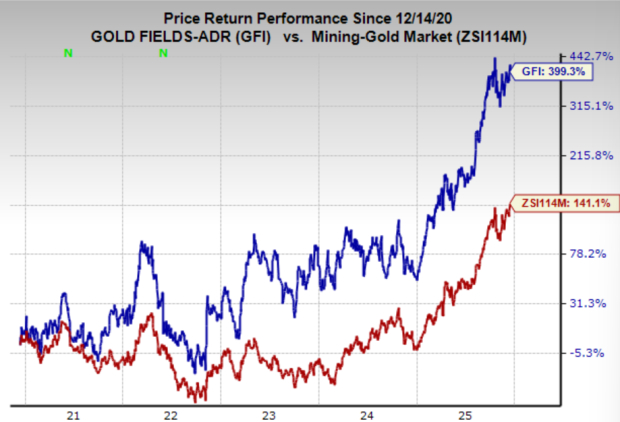
YinYang
A stronger-than-expected December rise in nonfarm payrolls dominated the headlines this morning. But the markets reacted more to an indicator that rarely gets attention.
The Surprising Indicator
In the December ISM non-manufacturing PMI, where the headline fell more than expected, the employment component plunged.
The jobs component sank to 43.3, well into contraction territory and confounding expectations for a small rise to 51.
That a level that hasn’t been seen outside of crises like COVID and the Great Recession. Schwab’s Liz Ann Sonders noted (tweeting the chart below) that the component didn’t sink that far during the 2001 recession.
Expert Reactions
“This feels out-of-step with the broader labor market given the strong hiring report we received earlier this morning,” Wells Fargo economists wrote. “That said, we’re cautious to wave away this weakness as purely seasonal noise.”
“Looking beyond the nonfarm payroll figures and unemployment rate, there are increasing signs of labor market moderation,” they said.
Insights into Labor Weakness
“The selected respondent comments in the survey included: ‘Remote work is preferred for most, making it difficult to recruit skilled employees, and our skilled employees are leaving for hybrid options’, and ‘Layoffs have increased in the professional services and staffing industries over the past several months as companies try to reduce cost amid the climate of economic uncertainty and decreasing customer demand.’
“Taking these comments at face value suggests labor weakness could still be partially supply related, where skilled labor is challenging to find, but that there’s also some cost-reduction starting to materialize in layoffs,” Wells Fargo said.
Perceptions and Realities
But Renaissance Macro notes that while “growth pessimists latch onto ISM services employment index (on a day actual services employment rose), the ISM business activity index (proxy for service industry output) hit a three month high.”
“As figure shows, the gap between the two swells AFTER a recession has ended!”









